9 Views
The Future of Robotic Self-Driving Cars

by
Dan Wallach
(IC: employee)
Published: November 11th, 2010
Share
Science fiction author Charlie Stross recently penned a blog piece on the future impact of autonomously computer-driven cars. Let’s call them “robocars.” I’ve pondered this before and Stross’s post is the perfect jumping-off point for a discussion of the many issues standing between science fiction and the robocar future. Let’s take a look.
{
"id": "9120566",
"alt": "",
"title": "",
"video_link": "https://www.youtube.com/embed/Atmk07Otu9U",
"youtube_video_id": "Atmk07Otu9U"
}
{
"width": 634,
"height": 357,
"showRelated": true
}
>/p>

Dan Wallach
More by Dan Wallach
Published November 11th, 2010 1:44 PM
Latest Car Reviews
Read moreLatest Product Reviews
Read moreRecent Comments
- ToolGuy I am slashing my food budget by 1%.
- ToolGuy TG grows skeptical about his government protecting him from bad decisions.
- Calrson Fan Jeff - Agree with what you said. I think currently an EV pick-up could work in a commercial/fleet application. As someone on this site stated, w/current tech. battery vehicles just do not scale well. EBFlex - No one wanted to hate the Cyber Truck more than me but I can't ignore all the new technology and innovative thinking that went into it. There is a lot I like about it. GM, Ford & Ram should incorporate some it's design cues into their ICE trucks.
- Michael S6 Very confusing if the move is permanent or temporary.
- Jrhurren Worked in Detroit 18 years, live 20 minutes away. Ren Cen is a gem, but a very terrible design inside. I’m surprised GM stuck it out as long as they did there.



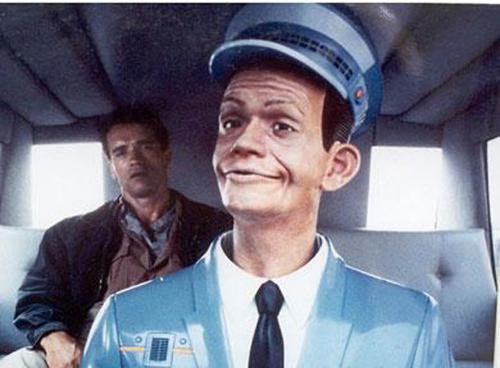















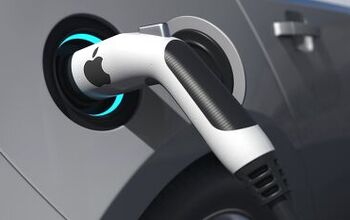
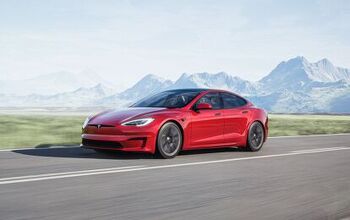

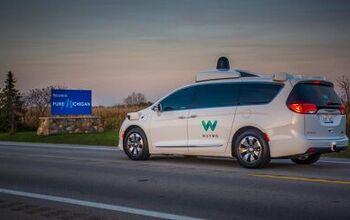







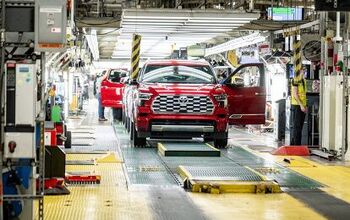
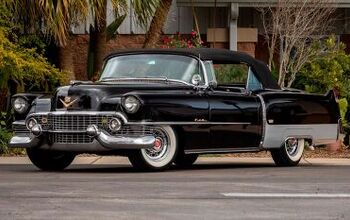


Comments
Join the conversation
For what it's worth, the "auto" in automobile comes from the Greek "autos," meaning "self." It's a vehicle that moves itself, not a vehicle that moves autonomously. ;)